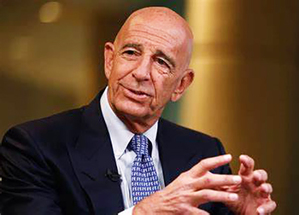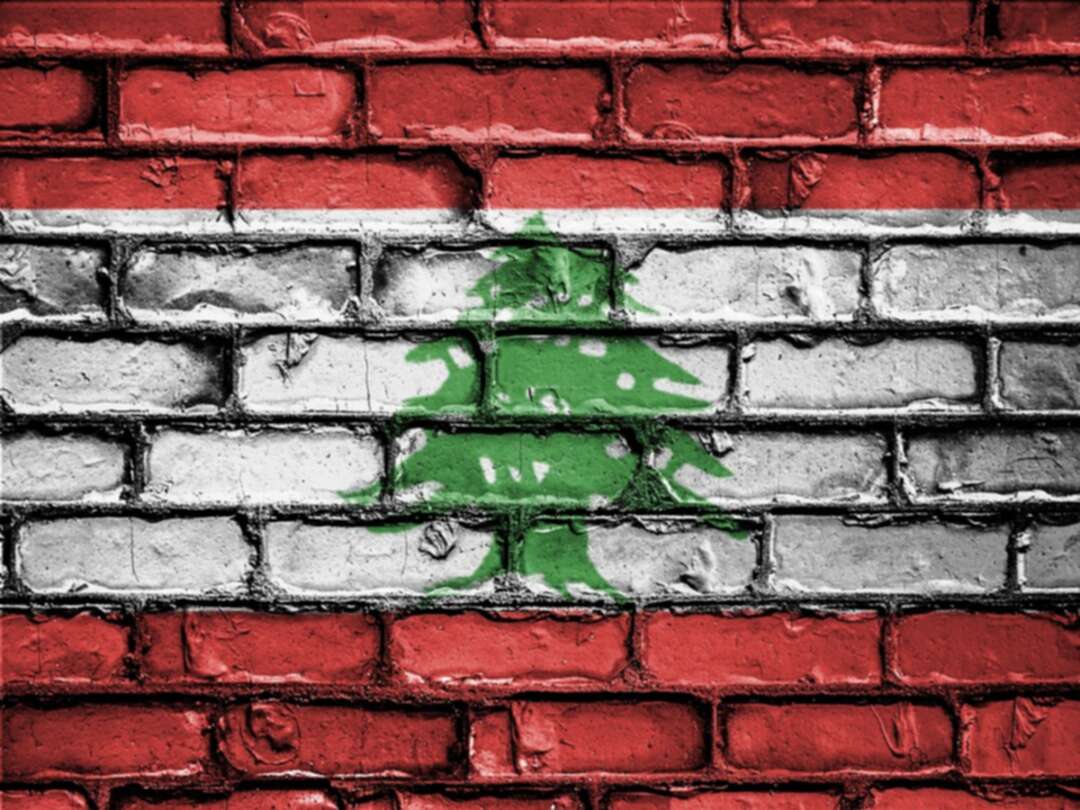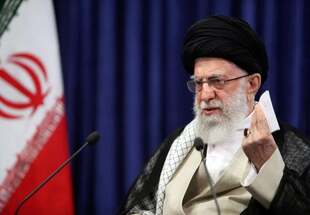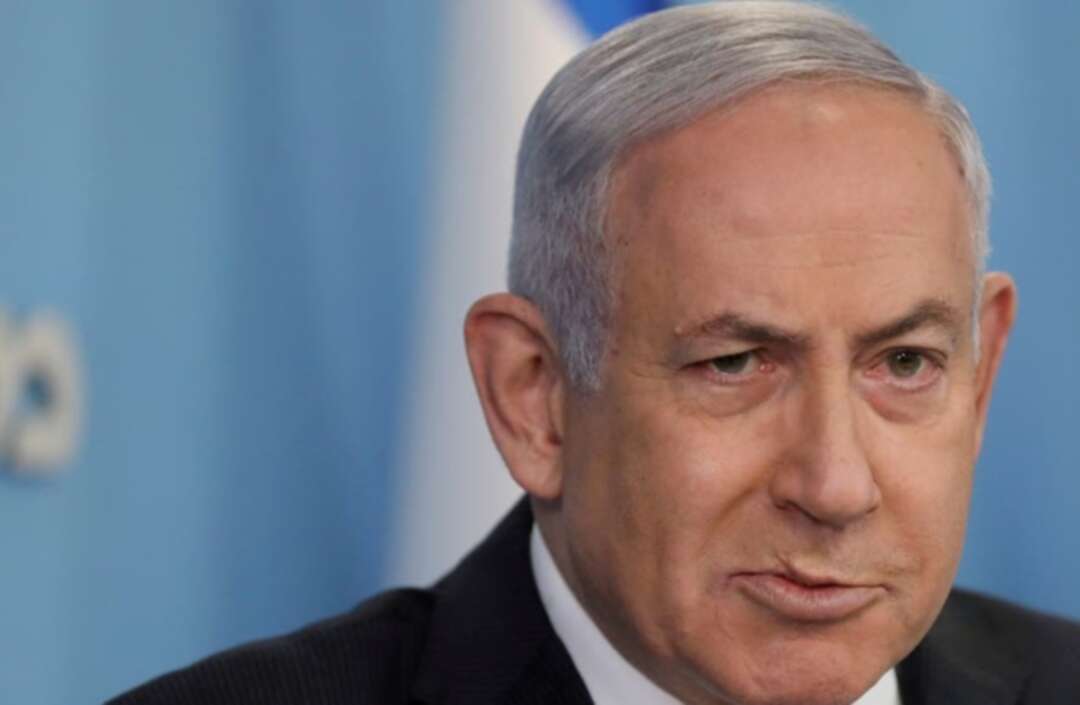-
New Report Reveals "Fourth Division's" Dominance Over Drug Trade in Syria
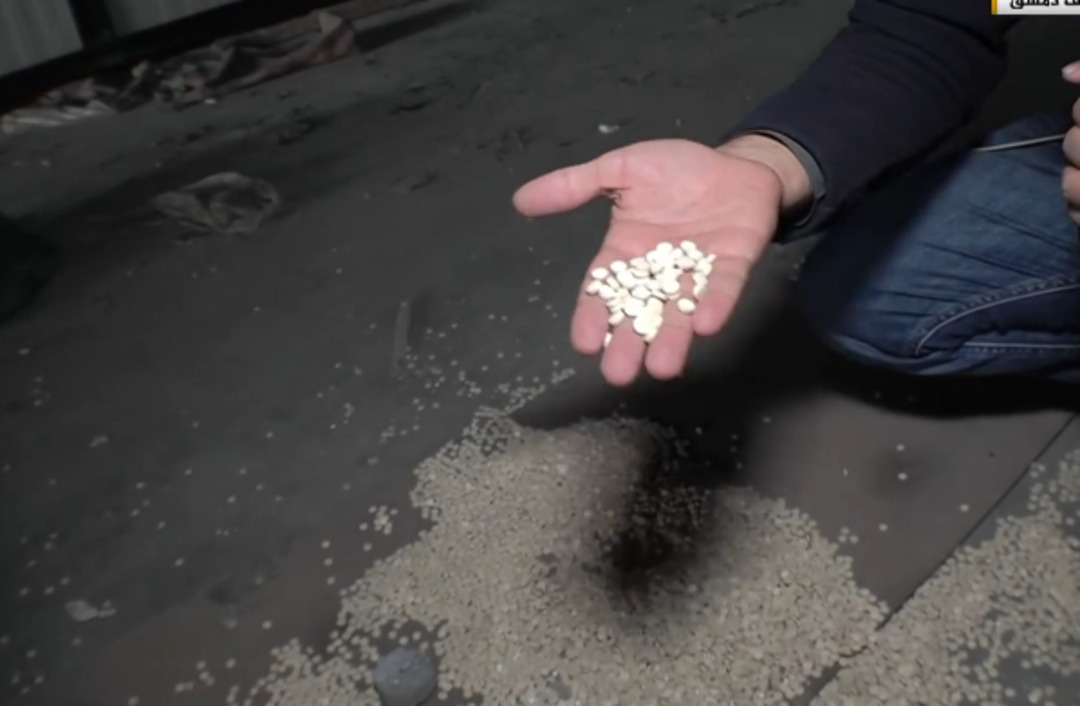
The Syrian Observatory for Human Rights reported new information indicating that the "Fourth Division," led by Maher al-Assad, the brother of former President Bashar al-Assad, controls the drug trade in Syria even before the fall of the regime.
Sources revealed that Maher al-Assad directly oversaw all drug manufacturing operations, even if those factories were managed by others, as they were required to pay significant financial fees in his favor.
The manufacturing facilities were primarily distributed in the rural areas of Homs, Latakia, and Tartus, managed by members of the al-Assad family, with limited involvement from individuals outside the family.
The Observatory noted that drug trafficking had previously been managed by Hezbollah, which relied on it as one of its primary funding sources. However, sharp disputes arose between Hezbollah and the Fourth Division, leading to a diminished role for the party and its complete exclusion from this trade.
The Fourth Division's security forces were tasked with promoting drugs internally and ensuring their distribution in local markets, as the manufacturing plants along the Syrian coast, particularly in Tartus and Latakia, were considered the main centers for producing Captagon.
This trade expanded to regional and international markets, further enhancing the economic and political influence of the al-Assad family and establishing an illicit economy based on drug trafficking.
With the fall of the regime, the characteristics of this global network became evident, impacting not only the Syrian landscape but also extending its influence to Arab and European countries.
You May Also Like
Popular Posts
Caricature
BENEFIT Sponsors BuildHer...
- April 23, 2025
BENEFIT, the Kingdom’s innovator and leading company in Fintech and electronic financial transactions service, has sponsored the BuildHer CityHack 2025 Hackathon, a two-day event spearheaded by the College of Engineering and Technology at the Royal University for Women (RUW).
Aimed at secondary school students, the event brought together a distinguished group of academic professionals and technology experts to mentor and inspire young participants.
More than 100 high school students from across the Kingdom of Bahrain took part in the hackathon, which featured an intensive programme of training workshops and hands-on sessions. These activities were tailored to enhance participants’ critical thinking, collaborative problem-solving, and team-building capabilities, while also encouraging the development of practical and sustainable solutions to contemporary challenges using modern technological tools.
BENEFIT’s Chief Executive Mr. Abdulwahed AlJanahi, commented: “Our support for this educational hackathon reflects our long-term strategic vision to nurture the talents of emerging national youth and empower the next generation of accomplished female leaders in technology. By fostering creativity and innovation, we aim to contribute meaningfully to Bahrain’s comprehensive development goals and align with the aspirations outlined in the Kingdom’s Vision 2030—an ambition in which BENEFIT plays a central role.”
Professor Riyadh Yousif Hamzah, President of the Royal University for Women, commented: “This initiative reflects our commitment to advancing women in STEM fields. We're cultivating a generation of creative, solution-driven female leaders who will drive national development. Our partnership with BENEFIT exemplifies the powerful synergy between academia and private sector in supporting educational innovation.”
Hanan Abdulla Hasan, Senior Manager, PR & Communication at BENEFIT, said: “We are honoured to collaborate with RUW in supporting this remarkable technology-focused event. It highlights our commitment to social responsibility, and our ongoing efforts to enhance the digital and innovation capabilities of young Bahraini women and foster their ability to harness technological tools in the service of a smarter, more sustainable future.”
For his part, Dr. Humam ElAgha, Acting Dean of the College of Engineering and Technology at the University, said: “BuildHer CityHack 2025 embodies our hands-on approach to education. By tackling real-world problems through creative thinking and sustainable solutions, we're preparing women to thrive in the knowledge economy – a cornerstone of the University's vision.”
opinion
Report
ads
Newsletter
Subscribe to our mailing list to get the new updates!

